Named by Time magazine as one of the “100 Most Influential People in the World,” Dean Karnazes has pushed his body and mind to inconceivable limits. The New York Times best-selling author and ultramarathoning legend has run everywhere from the shoe-melting heat of Death Valley to the lung-freezing cold of the South Pole. In A Runner’s High, Karnazes chronicles his extraordinary adventures leading up to his return to the Western States 100-Mile Endurance Run in his mid-50s after first completing the race decades ago. The race, infamous for its rugged terrain and extreme temperatures, becomes the most demanding competition of Karnazes’s life, a physical and emotional reckoning and a battle to stay true to his purpose. Karnazes conveys the tale with his trademark insight and humor, making this an irresistible read.
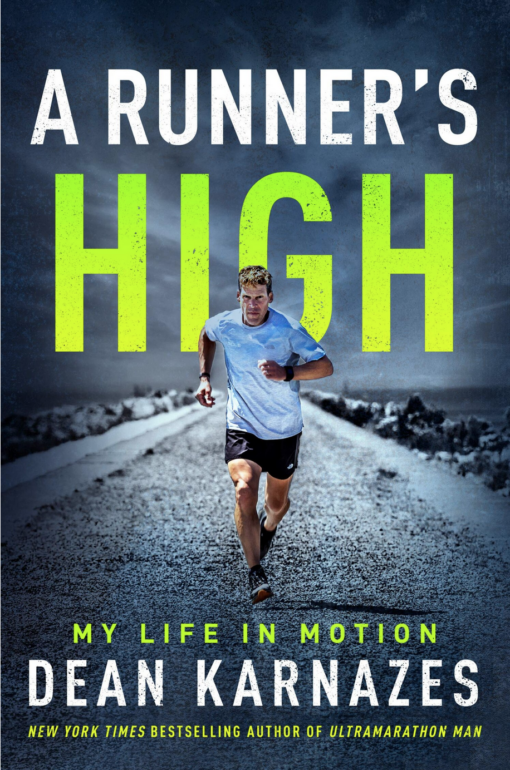
Marin Magazine (MM): Have you always loved running? When did you realize you were not just any ordinary runner?
Dean Karnazes (DK): My earliest childhood recollections are running home from pre-school. I ran competitively until I was a freshman in high school and then quit. On the night of my 30th birthday I was in a bar in the Marina District and decided that instead of having another round of tequila to celebrate I was going to run 30-miles to mark the occasion. Hey, I was drunk. I didn’t even own running gear at the time but thankfully I was wearing comfortable silk boxer-short underwear, so I peeled off my pants and started stumbling into the night heading south, knowing that Half Moon Bay was thirty miles away. Somehow I didn’t die and made it; that night forever changed the course of my life.
MM: How do you feel writing about running compliments your life as a runner? Do you enjoy sharing your experiences?
DK: A Runner’s High is my fifth book, and my goal was to live up to the title, which is a tall order. If you’ve read good writing you know it can give you a certain high. From the very first sentence, I crafted the narrative to be propulsive while providing the reader a hardy dose of literary pleasure. Did I succeed? Just the other day I got an email from someone who wrote, “Last night I was going to read a chapter or two of your new book. Five hours later I finished it. Then, I got up and went for a run.” Messages like that make me smile.
MM: What do you love most about running, and what do you think makes it a great sport? Would you say it has therapeutic benefits?
DK: If you’ll permit me an excerpt from A Runner’s High, I think it answers your questions nicely: “Inside every tame man is a wild beast yearning to get out. We’ve become domesticated in our time, with our institutions and paved over earth, our iPhones and Internet, our fitness trackers and group spin classes, gone is the uncultivated human experience. There is little solitude left in this world, few chances to truly escape humanities trappings and feel the realness of what we are. Running provides that gateway and I much prefer it to a prescribed modern existence. Out here I am more alive, I can feel the movement of my body and the beating of my heart, I’m in touch with my breathing, and my senses seem more acute and in tune with earths rhythms. Running great distances is a means of purging the modernity from my conscious, of rinsing the outer man from my skin and letting the inner animal reveal. It is at times like these when I see most clearly, when everything within me comes together and life feels as it should.”
MM: Due to the success of your books a lot of people have been inspired to start running, is this something you hope to achieve in writing them?
DK: Inspiring people to take up running was never my intention. Quite honestly, I was surprised by it. Who would think that a book about someone running hundreds of miles through the wilderness or across the desert would inspire someone to run around the block? Something just clicked. Truthfully, this element has been the greatest reward in writing my books. Sure, the royalty checks help put food on the table, but the many messages I’ve received from people all over the world saying that I changed their lives is a treasure beyond any other.
MM: How do you feel writing compliments your life as a runner?
DK: I like to say that both running and writing are 1% inspiration and 99% perspiration. Good writing, like good running, comes from a place of pain, a place of anguish and struggle, and occasionally, in rarer moments, a place of ecstasy. With my books, I strive to put the reader in my shoes and in my mind. People often comment, “I felt like I was right there with you…”
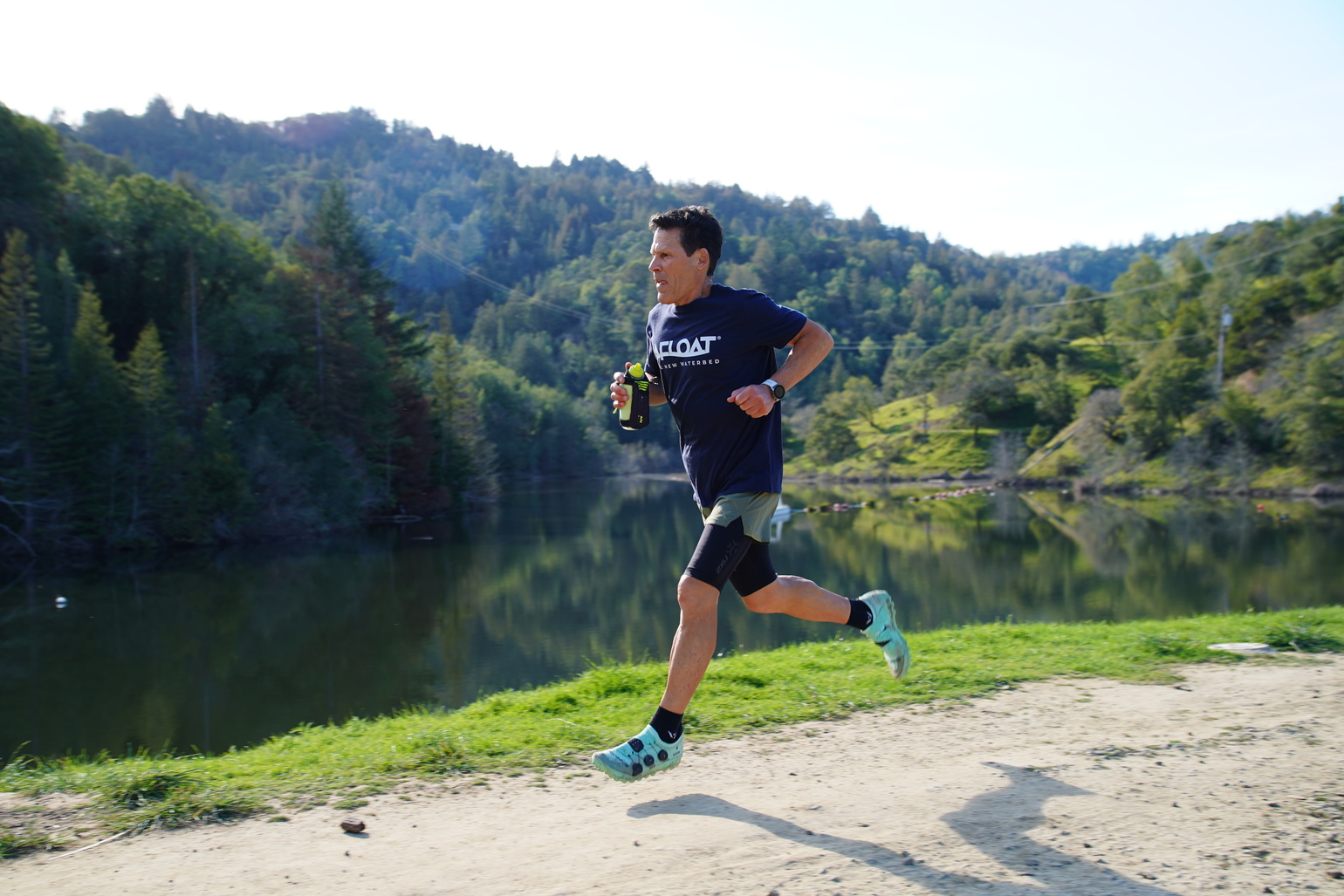
MM: What do you love most about running?
DK: If you’ll permit me an excerpt from the book: “Inside every tame man is a wild beast yearning to get out. We’ve become domesticated in our time, with our institutions and paved-over earth, our iPhones and Internet, our fitness trackers and group spin classes, gone is the uncultivated human experience. There is little solitude left in this world, few chances to truly escape humanity’s trappings and feel the realness of what we are… Running great distances is a means of purging the modernity from my consciousness, of rinsing the outer man from my skin and letting the inner animal reveal.”
MM: How has Marin been part of your running journey? Do you have any favorite places to run here?
DK: I could write another book on that very subject! We have one of the grandest outdoor playgrounds on the planet right here in our backyard and I’ve explored the territory extensively (and still haven’t run out of new discoveries!). Probably my favorite route is running from my house in Kentfield up to the top of Mt. Tam, then dropping down the west side and grabbing a latte at Stinson Beach Market, then heading back to my house. Depending on the path I choose, it can be anywhere from a 25-mile to 45-mile run, sometimes further (on the good days).
MM: What are a few of the most interesting runs you’ve done? Are there any marathons you haven’t run you’re still hoping to accomplish?
DK: Through running, I’ve become somewhat of a global citizen. I’ve run on all seven continents, twice over, including Death Valley in the middle of summer—the hottest place on earth—and a marathon to the South Pole—the coldest place on earth. I once ran 50 marathons, in all 50 states, in 50 consecutive days, so I’ve seen plenty of the US, too (and no, that’s not a typo, I really did that). The next adventure I’m planning is to run from the lowest place on earth to the highest place on earth, the Dead Sea to the summit of Mount Everest. Wanna be my support crew?
More Great Reads
In Praise of Good Bookstores by Jeff Deutsch
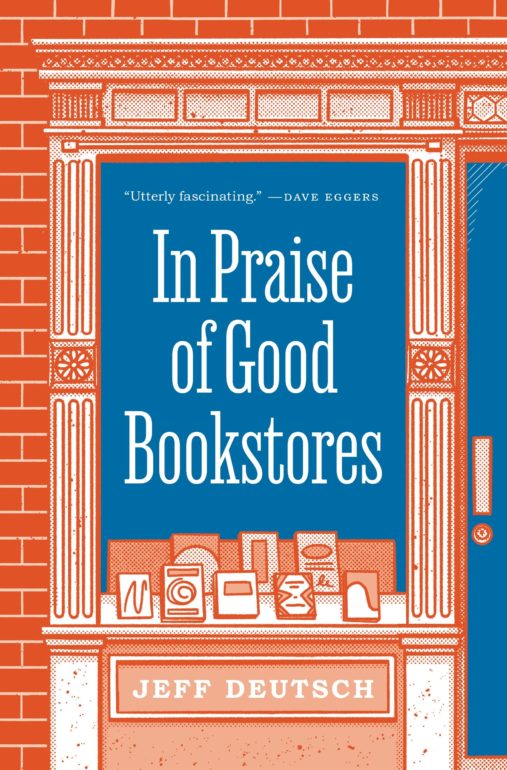
From a devoted reader and lifelong bookseller, this is an eloquent and charming reflection on the singular importance of bookstores. Do we even need bookstores in the s1st century? If so, what makes a good one? In this beautifully written book, Jeff Deutsch — the director of Chicago’s Seminary Co-op Bookstores, one of the finest bookstores in the world — pays loving tribute to one of our most important and endangered civic institutions. He considers how qualities like space, time, abundance, and community find expression in a good bookstore. Along the way, he also predicts — perhaps audaciously — a future in which the bookstore not only endures, but realizes its highest aspirations.
Jeff Deutsch is the director of Chicago’s Seminary Co-op Bookstores, which in 2019 he helped incorporate as the first not-for-profit bookstore whose mission is bookselling.
See Deutsch at Book Passage in Corte Madera on May 7 at 1:00 p.m.
Unmasked: My Life Solving America’s Cold Cases by Paul Holes
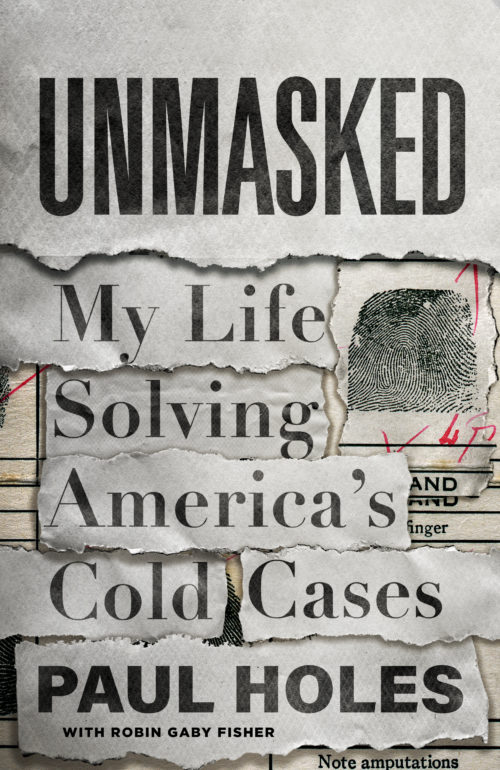
In this memoir, Paul Holes takes us through his memories of a storied career and provides an insider account of some of the most notorious cases in contemporary American history, including the hunt for the Golden State Killer, Laci Peterson’s murder, and Jaycee Dugard’s kidnapping. This is a revelatory profile of a complex man and what makes him tick: the drive to find closure for victims and their loved ones, the inability to walk away from a challenge — even at the expense of his own happiness.
In 2018, Holes retired as a Cold Case Investigator after spending more than 27 years working in Contra Costa County in California’s Bay Area. Paul specialized in cold case and serial predator crimes, lending his expertise to notable cases.
See Holes at Book Passage in Corte Madera on May 5 at 1:00 p.m.
The Coasts of California by Obi Kaufmann
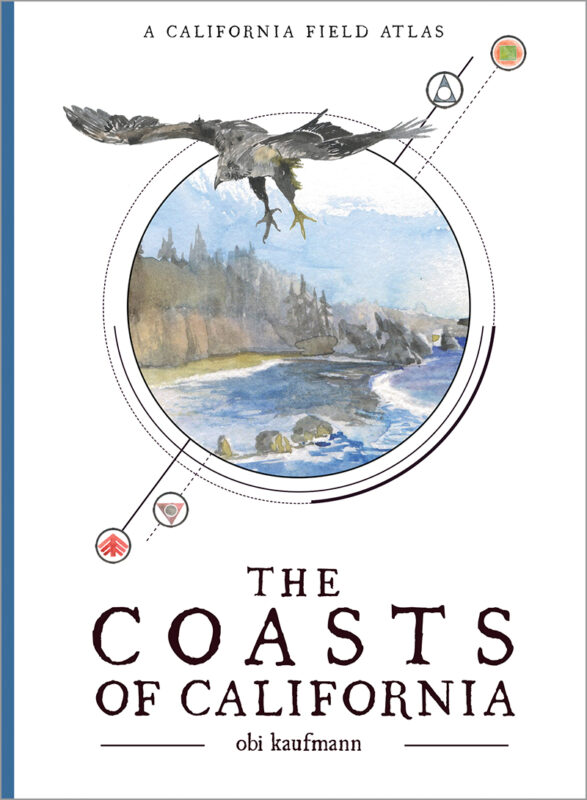
An epic, gloriously illustrated journey up and down California’s shoreline. California’s coastline is an endless source of fascination and fantasy, but there is no book about it like this one. Obi Kaufmann, author-illustrator of The California Field Atlas and The Forests of California now turns his attention to the 1,200 miles of the Golden State where the land meets the ocean. Bursting with color, The Coasts of California is in Kaufmann’s signature style, fusing science with art and pure poetic reverie.
Artist-adventurer Obi Kaufmann regularly journeys into California’s wilds, spending more summer nights without a roof than with one.
See Kaufman at Book Passage in Corte Madera on May 21 at 1:00 p.m.
The Sunken City by Emma Noyes
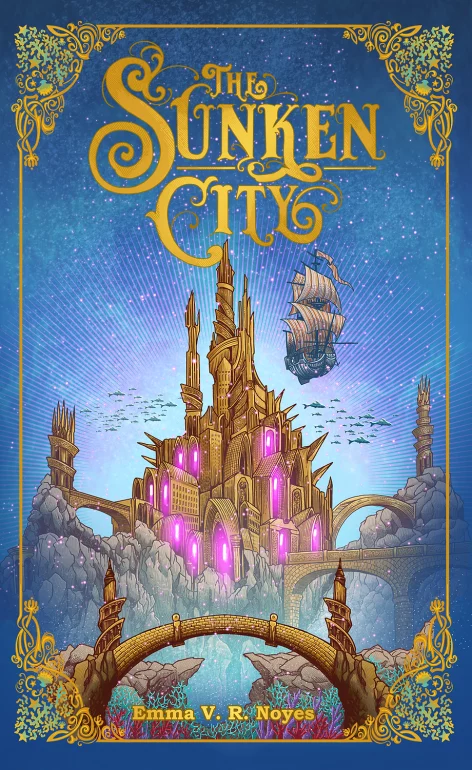
First-time author Emma Noyes writes a whimsical fantasy novel centering on the story of Amare Bellamy, a pirate who finds herself in an underwater kingdom, where she discovers she is the princess who must battle the evil brewing at the bottom of the ocean.
Book Passage reviews by Paula Farmer.
For more on Marin:
- The 44th Mill Valley Film Festival Reached 12,000 Students, Teachers — Make It Better Foundation Donates $10K to CFI’s Education Program
- Three Top Animal Sanctuaries Create New Scholarship Program to Help Young Animal Welfare Leaders Pursue Careers in Ag
- Stories of Survival: Isabel Allende’s Latest Novel, “Violeta”, Set During the Time of the Spanish Flu

Jessica Gliddon is the Senior Digital Editor for Make It Better Media Group. An international writer and editor, she has worked on publications in the UK, Dubai and Cape Town. She is a graduate of UC Santa Cruz, and is the former editor of Abu Dhabi’s airline magazine, Etihad Inflight. When she’s not checking out the latest exhibit at SFMOMA or searching out the best places to eat and drink near her home in San Francisco, she volunteers at the Marine Mammal Center in Sausalito.


